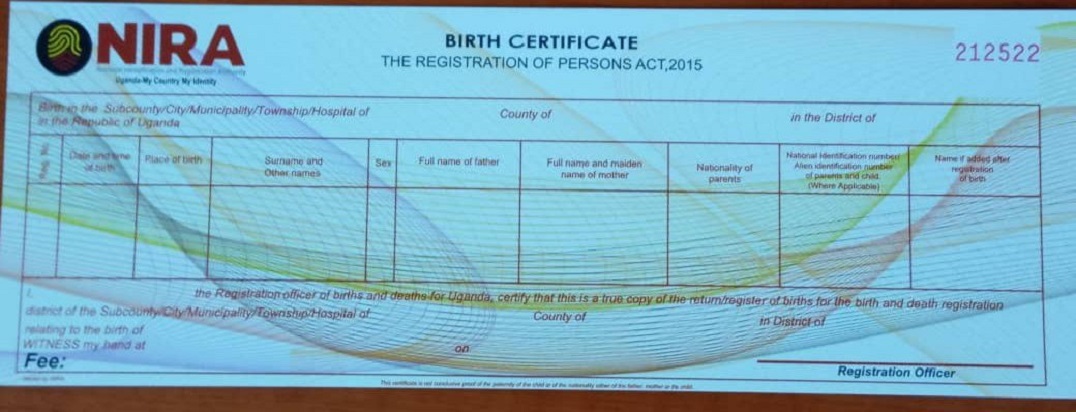Falsified or “cooked” data is threatening the integrity of research into emerging of human and animal diseases. So as Ugandan researcher venture in COVID-19 research, they are urged to avoid the unethical normally driven by the search for personal financial gain instead of a Scientific good.
The Science, Technology and Innovation Minister, Dr. Monica Musenero Masazanza says falsified or cooked scientific data risk the integrity of research being conducted in the country’s universities and research institutions.
Musenero was the chief guest at the 11th Annual National Research Ethics Conference (ANREC)organized by Uganda National Council for Science and Technology (UNCST)
The conference under the theme “Fostering Research Integrity and Promoting Responsible Conduct of Research in Uganda and the Region” had over one hundred participants from Universities, teaching hospitals and research institutions.
Participants are expected over the next two days to share ideas on how to integrate ethics in the design and implementation of research projects. The keynote address to the conference was delivered by Dr. Gowri Gopalakrishna, an epidemiologist at the Free University of Amsterdam.
Dr. Gowri is also the Co-author of the just published Dutch Study which estimated that 8% of scientists who participated in an anonymous survey of research practices at Dutch universities confessed to falsifying and or fabricating data at least once between 2017 and 2020.
The study found that more than 10% of medical and life-science researchers admitted to committing this type of fraud More than half (51%) of respondents to the Dutch survey also reported frequently engaging in at least one of 11 ‘questionable research practices’ (QRPs), which include using inadequate research designs or deliberately judging manuscripts or grant proposals unfairly.
She says many scientist were flouting the integrity requirements due to publication pressure.
QRPs are considered lesser evils than outright research misconduct, which includes plagiarism and data falsification or fabrication.
According to Musenero, some of the products that have come up on the market end up endangering the consumer because of falsified and fabricated data.
Meanwhile, Dr. George Byaruhanga-Bazirake, the Dean of Faculty Of Science at Kyambogo University revealed that most Universities in Uganda don’t have ethics committees so studies tend to be conducted unethically.
Byaruhanga-Bazirake decried the fact that Scientists in Uganda still operate with very low funding mostly from donors.
Recent studies out of Uganda have shown that low domestic financing for health research is a persistent problem in Africa. In the Algiers Declaration of 2008, African governments committed to investing at least 2% of their health budgets in health research but many including Uganda have not.According to the Uganda National Council For Science and Technology, the COVID-19 pandemic had profound impact on the research enterprise and presented dire ethical challenges in the face of significant risks.
–URN





